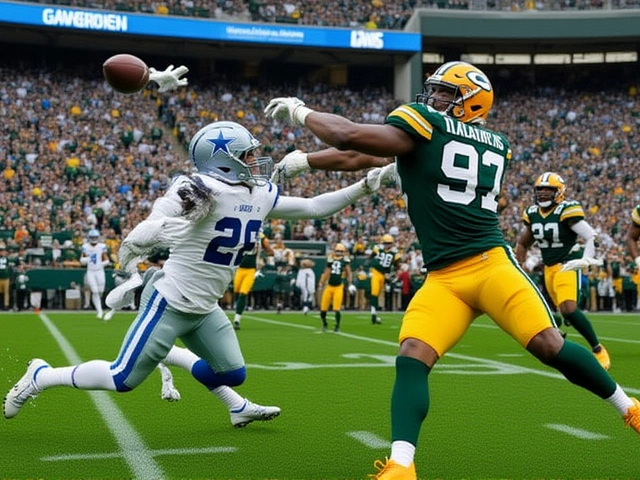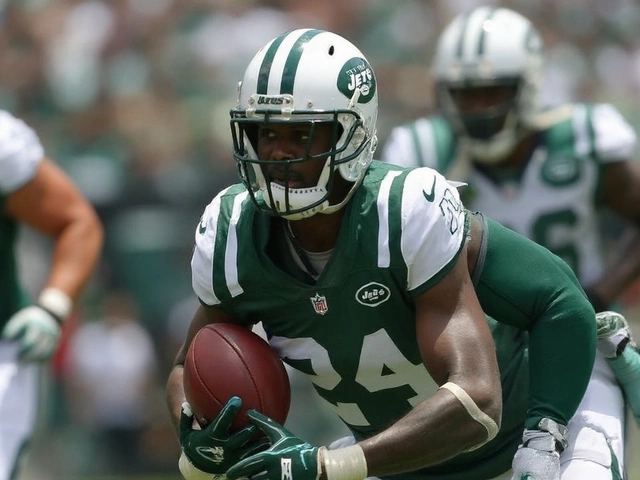Understanding Image Ownership
As a blogger, a lot of my content revolves around the use of images. However, it's essential to know who owns these images once they're posted online. In this section, I'll delve into the basics of image ownership. Just to clear things up, the general rule is that the person who took the picture is the owner. This ownership rule applies whether the photo is of a beautiful sunset, a group of friends, or a celebrity. But, what happens when the photo is posted online? That's what we'll explore further in this article.
Ownership and Social Media Platforms
Let's look at how social media platforms handle image ownership. When you post a photo on social media, do you still own it? The answer is yes, but with some reservations. In most cases, when you sign up for a social media account, you agree to their terms of service. In these terms, there is usually a clause that gives the platform a license to use your content, including the images you post. However, this doesn't mean they own your photos. It simply means they have the right to use them.
Terms of Use: A Closer Look
Terms of use agreements can be long and complex, but they're worth understanding. They essentially lay out the rules for using a service, including what happens to the content you post. For instance, Instagram's terms of service state that they have a non-exclusive, royalty-free, transferable, sub-licensable, worldwide license to use your content. This means they can use your photos in various ways, but you still own them.
Implications of the License Agreement
Let's talk about the implications of these license agreements. While you still own your photos, granting a license to a social media platform means they can use your photos for a wide range of purposes. This could include promoting their services, creating derivative works, or sublicensing them to other parties. It's important to understand these implications before posting your photos online.
Privacy Settings and Image Ownership
Your privacy settings can also impact image ownership. For instance, if you set your profile to public, anyone can see and share your content. However, if you set your profile to private, only your approved followers can see your content. Despite this, the licensing agreement you agreed to when signing up still applies, which means the platform can still use your content as outlined in their terms of use.
Sharing and Reposting: What's Allowed?
Sharing and reposting content can be a bit of a gray area. Generally, it's okay to share posts within the platform using the platform's sharing features. However, taking a screenshot of someone's photo and reposting it without their permission could be seen as copyright infringement. Always ask for permission before reposting someone else's content.
The Role of Copyright Law
Copyright law plays a significant role in image ownership. Under copyright law, the person who took the photo is the copyright owner. This means they have the exclusive right to reproduce the work, create derivative works, distribute copies, and display the work publicly. Violating these rights could lead to a copyright infringement claim.
Protecting Your Images Online
There are several ways to protect your images online. You can add a watermark to your photos, use low-resolution images for online posting, and register your images with the U.S. Copyright Office. Moreover, if you find someone using your photos without permission, you can send them a cease and desist letter or file a copyright infringement claim.
Final Thoughts on Image Ownership
In conclusion, understanding image ownership can be complex, but it's essential for anyone posting photos online. While you generally own the photos you take, posting them on social media comes with certain conditions. Always read the terms of use before signing up for a platform and take steps to protect your images online.
- Poplular Tags
- social media
- internet
- picture ownership
- copyright laws











